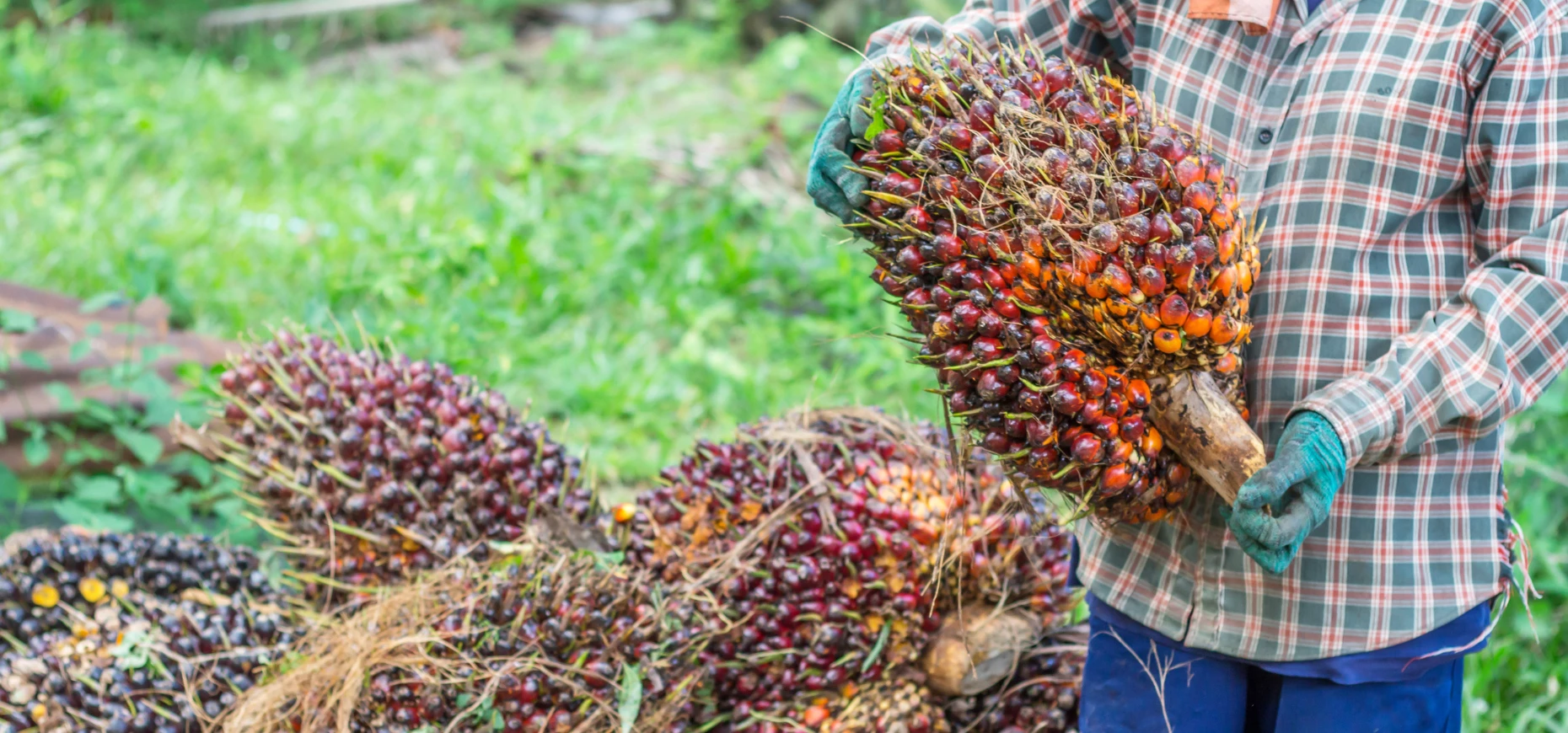
AI-powered Imperial College London agritech spinout yields six-figure investment
Permia Sensing, a London based agricultural tech solution that aims to transform palm plantations with precision farming, has secured £250k in a pre-seed round led by early-stage focused venture capital firm Jenson Funding Partners.
The funding will be used by the Imperial College spinout to continue its mission to change the way palm plantations are managed via the use of its monitoring technologies and robotics.
Palm plantations play a significant role in global agriculture as they produce oil, coconuts, and dates. Palm oil itself can be found in approximately 50 per cent of all packaged goods in the US alone, including cosmetics, clothing, furniture, and more. Palm is a more efficient crop than others as it requires the use of a fraction of the land that other crops utilise.
For example, palm produces 40 per cent of total vegetable oil output while using only 6 per cent of the land. But due to factors such as lack of nutrients, drought or disease, palm plantations on average produce just half of their potential yield.
Permia Sensing was founded to solve this problem by creating solutions to increase productivity and transform palm farm practices with precision farming using AI and robotics. The first step towards accomplishing this is via the use of an acoustic sensor that was created at Imperial College.
Palm oil has faced criticism from environmental groups due to it being a driver of deforestation of some of the world’s most biodiverse forests, but the company is helping to solve this problem.
Along with its solution making palm farming more efficient, thus enabling the usage of less land, it also provides a less toxic approach to getting rid of pests such as the red palm weevil. With these sustainability and net-zero focused precision farming efforts, Permia Sensing is aligned with the UN’s Sustainable Development Goals.
Efrem de Paiva, CEO of Permia Sensing, commented: “Much research has shown us that we are not working palm plantations in the most effective way possible, particularly when we consider just how much palm is required for global use.
“With Permia’s technology, we hope to help farmers globally generate the most sustainable yield from the healthiest trees. By minimising some required input we can reduce CO2 emissions, not to mention the social impact of generating more income within the supply chain.”
By Matthew Neville – Senior Correspondent, Bdaily
- Add me on LinkedIn and Twitter to keep up to date
- And follow Bdaily on Facebook, Twitter and LinkedIn
- Submit press releases to editor@bdaily.co.uk for consideration.
Looking to promote your product/service to SME businesses in your region? Find out how Bdaily can help →
Enjoy the read? Get Bdaily delivered.
Sign up to receive our popular morning London email for free.






 A legacy in stone and spirit
A legacy in stone and spirit
 Shaping the future: Your guide to planning reforms
Shaping the future: Your guide to planning reforms
 The future direction of expert witness services
The future direction of expert witness services
 Getting people into gear for a workplace return
Getting people into gear for a workplace return
 What to expect in the Spring Statement
What to expect in the Spring Statement
 Sunderland leading way in UK office supply market
Sunderland leading way in UK office supply market
 Key construction developments in 2025
Key construction developments in 2025
 Mediation must be part of planning process
Mediation must be part of planning process
 From apprentice to chief financial officer
From apprentice to chief financial officer
 Don't stifle growth with apprenticeship cuts
Don't stifle growth with apprenticeship cuts
 The start-up landscape: What lies ahead in 2025
The start-up landscape: What lies ahead in 2025
 JATCO adds welcome drive to automotive sector
JATCO adds welcome drive to automotive sector